It was almost normal for people over thirty to be frightened of their own children. And with good reason, for hardly a week passed in which The Times did not carry a paragraph describing how some eavesdropping little sneak — ‘child hero’ was the phrase generally used — had overheard some compromising remark and denounced its parents to the Thought Police.
From George Orwell’s Nineteen Eighty-Four
George Orwell is brought to the fore more often than any other author at critical moments in our lives and probably more so right now when governments around the world wield more power than they have a right to. But the irony is that we, as citizens, have allowed this to happen right under our very noses. So don’t believe for a second that the current global health crisis will not be an opportunity for all governments to capitalise on their new-found powers by sharpening them to a perfect razor edge. Not only that, but many police and security forces around the world are also encouraging comrades citizens to report neighbours to the authorities if they suspect that they are breaking quarantine rules. If you can tolerate Facebook at this time, you only have to look around a tad to come across nosy-neighbour syndrome at its very worst. Here’s an example that the Thought Police would be salivating over:
Been waiting on the phone to the Police 30mins now to report neighbour having a visitor again – seem they’re very busy or could be ignoring me as every now and then the music stops and there’s a click!!! I may just hang up and try later on!!!
Snooper Hotline Fever
Now, I don’t think anyone would deny that people throwing parties and gathering together in large groups, thus flouting social distancing rules, is seen as crass stupidity. But even nosy neighbours should use some common sense, surely? However, many police forces are actively encouraging snoopers and curtain-twitchers to snitch on their neighbours using hotlines and Internet portals set up for that very purpose. I don’t think it’s any coincidence either that the UK hotline’s number is 101, a number that will be familiar — and very often badly misused and misquoted — to anyone who has read Nineteen Eight-Four. The tabloids are awash with stories of UK police forces being inundated with snooper calls, most of them utterly trivial, which gives us a real sense of people having far too much time on their hands under the current circumstances. I’ve even seen reports of police forces receiving calls from rubber-neckers pleading with them to arrest their neighbours for going on a second daily walk or driving off in their car for the second time in a day, to Lord knows where.
Come again? Yes, I know.
Have We Learned Nothing From History?
I’m not a rabid crusader for personal freedom and privacy but, like most reasonable people, I recognise stupidity and overreach when I see it. Actively encouraging the population to snoop on others sows a very dangerous seed — a precedent for the future — and a habit that, regrettably, many will gleefully accept as normal behaviour. So did the Hitler Youth, who were even encouraged to denounce their parents to the SS for a variety of reasons in the same way that Orwell’s characters were indoctrinated to denounce their parents to the Thought Police (Thinkpol) for thought crimes. Thus we are creating and encouraging a new and sinister society where it becomes normal to snoop on your neighbour in a not dissimilar manner to Nazi Germany, Orwell’s Oceania, East Germany’s STASI, and the Soviet KGB. The biggest danger is that we begin to regard this kind of behaviour as normal, which it isn’t. I’ve even seen reports of certain police services wishing to inspect the contents of shoppers’ supermarket trolleys, drones being used to spy on people exercising and physical abuse of people flouting the rules. But no, we’ve learned little from history as can be witnessed in Venezuela, Turkey, Russia, USA, UK, and many other countries that spy on their citizens as a matter of course.
In Nazi Germany, an estimated 42 percent of the denunciations were false. Authorities debated changing the system, but they ultimately decided to keep it because it was great for keeping everyone in line
Police Checkpoints
I lived most of my life in the UK before moving to Argentina, became accustomed to a level of personal freedom not seen in many other countries and often took those freedoms for granted. For example, it isn’t compulsory to carry identification with you when driving your car — ID cards do not exist in the UK*** — and police checkpoints are practically non-existent. I never saw one during thirty years of driving all over the country and one hopes that when a semblance of normality returns, police checkpoints will be consigned to history. However, the current measures, distasteful though they are, are a necessary measure to discourage social distancing abuse, of which, clearly there is plenty. On the other hand, in Argentina, random police checkpoints are a way of life in a country that still hangs over from its brutal military dictatorships in so many different ways. I have been stopped dozens of times by heavily armed police, so the sight of increased checkpoints, under the current circumstances, is just another extension of normal. However, the Federal Police (and other security services in Argentina) have the power to detain both you and your vehicle on the spot if you can’t prove the necessity of your journey during the virus crisis. (As a side note, the Argentine police will impound your vehicle regardless of a global health crisis anyway, as members of my family can testify.) In fact, we now have to carry what is locally known as a sworn statement certificate which should be carried with you at all times when driving. Clearly, all measures to halt the spread of the disease should be welcomed but certainly should not be regarded as normal by anyone, not least the security services.
Are We In Danger Of Becoming Citizen Informants?
As mentioned in my article, COVID-19 Is Playing Mind Games With My Head, I referred to our neighbours across the road who often come pretty close to killing each other, judging by the nastiness of their rows. These happen several times a week and we have often been tempted to call the police to intervene, lest a fatality occurs. However, although I am aware of my neighbours’ existence, they’re not a particularly friendly bunch and some still bear a grudge over the Falklands war, so I don’t fly a Union Jack from a flagpole outside my house. Neither do I monitor their comings and goings because, frankly, I’m not that interested. But, would I phone the local police if I suspected that one of my neighbours was leaving his house for a walk more than twice a day? Erm, as well as not quite believing that I actually wrote that sentence, my answer would be– most certainly not! However, if I spotted a flagrant abuse of social distancing rules, such as people gathering in the street or a neighbour enjoying a party with guests coming and going willy-nilly, the first thing I would do is talk to the neighbour and ask him or her not to be such a plonker and to observe the life-saving rules that have been established for a very good reason.
On the other hand, confronting a neighbour in that fashion could lead to a nasty situation, even a confrontation, because neighbourly discussions have the tendency to escalate very quickly, so diplomacy and judgment should be the order of the day. This, of course, would be in stark contrast to informing on your neighbour, a practice that strikes me as abhorrent and only serves to sow the seeds for a myriad of problems down the road when normality returns. Let’s say that your call to the police results in Mr. Neighbour receiving a visit from the local cops, or worse still, is taken to the station for questioning. There would be reprisals, so one day, and that day may never come, you would have to answer to Mr. Neighbour or you may simply have to move house if the situation became untenable.
Perhaps my strict upbringing during twelve years of boarding school, where snitches and sneaks were regarded as the lowest in the food chain, has influenced my position. In fact, sneaks were usually punished more severely than those who were sneaked on, regardless of the offence, so the very idea of snitching on a neighbour is anathema to me.
So what do you think? Do you believe that this abnormal situation is going to create a network of informers and do you think this crisis will change us for the worse in this respect?
***The new UK bio-metric driving license is an ID card in all but name.
—

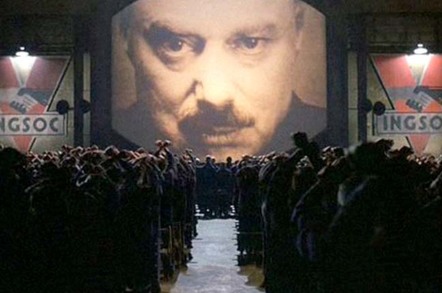
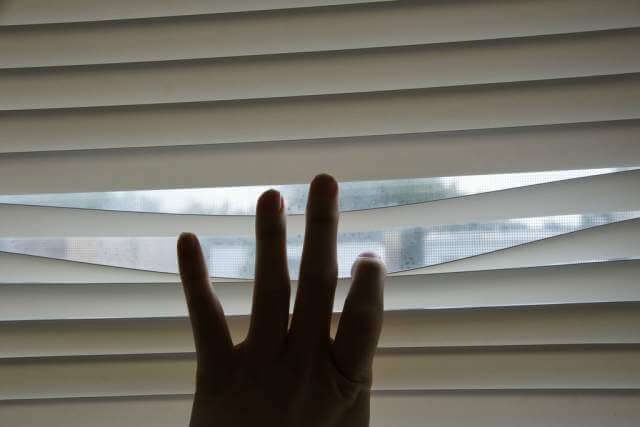
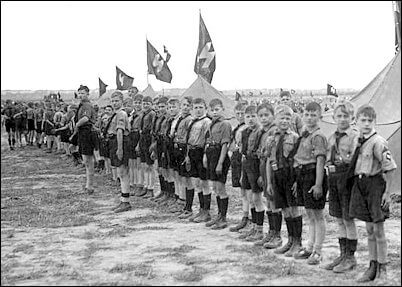
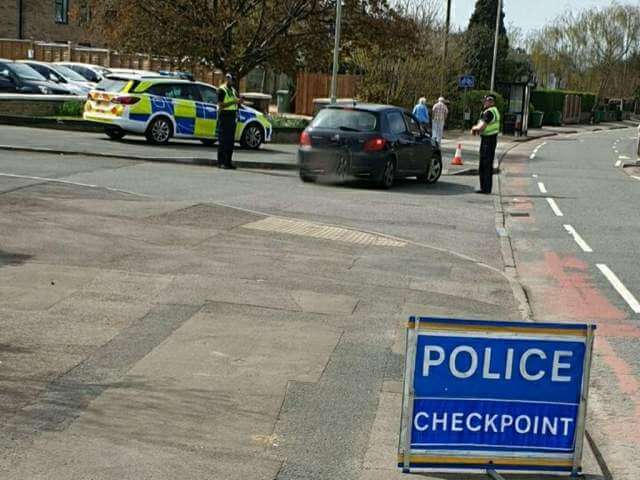
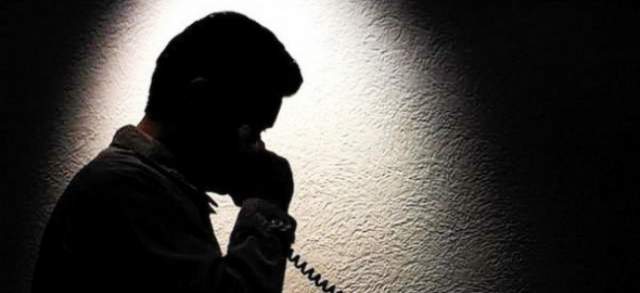

A very interesting article Marc, thank you.
Sometime before Covid-19 arrived in Australia the following was announced by The Australian Government. (Public Servants?)
“How to report different types of fraud”
If people do something dishonest to get a payment or benefit from us, they’re committing fraud.
We explain how to report any of these types of fraud:
‘welfare fraud’
‘child support fraud’
‘health fraud.’
These are highlighted in blue as links to a full page description of where, when and how to report someone.